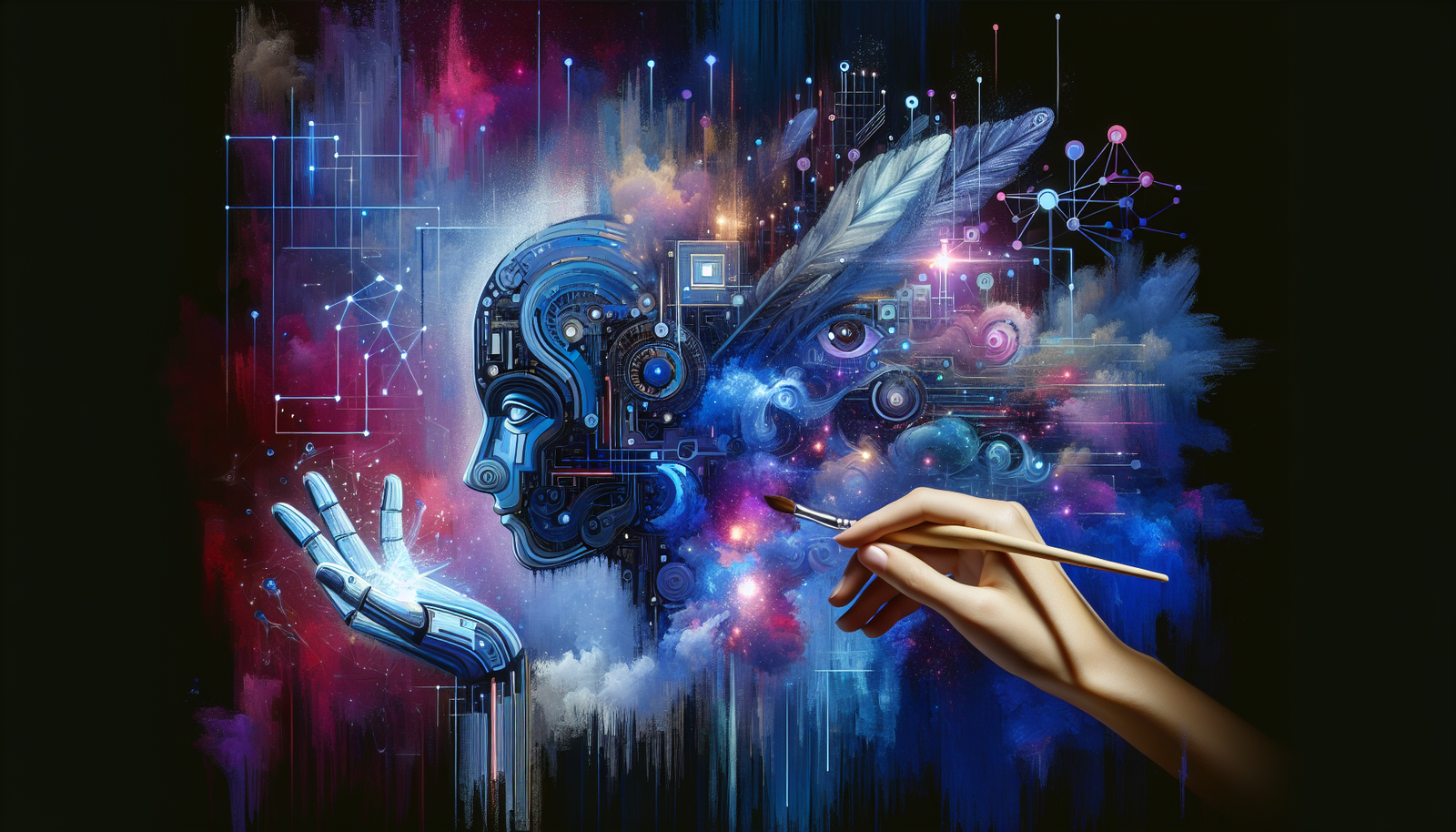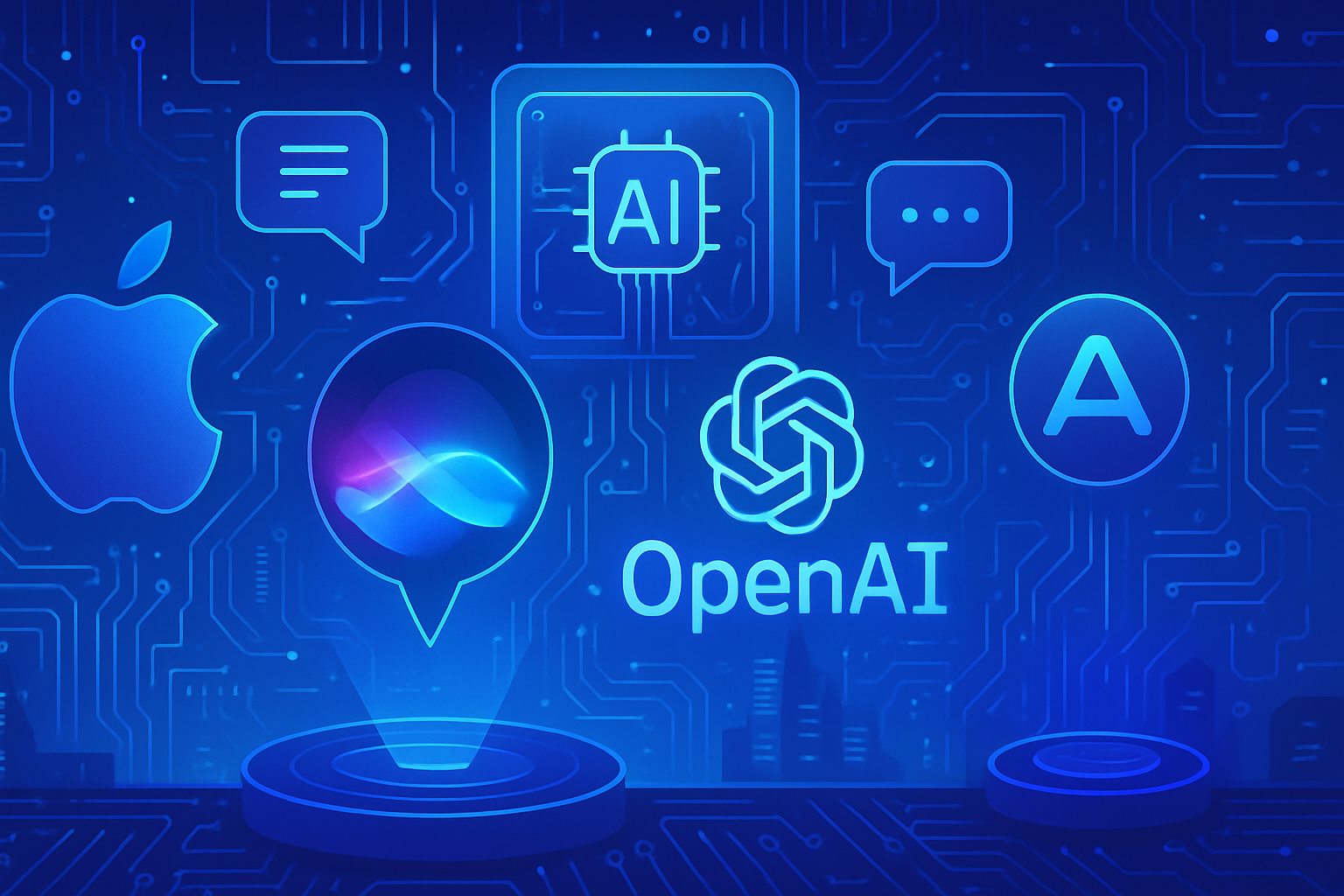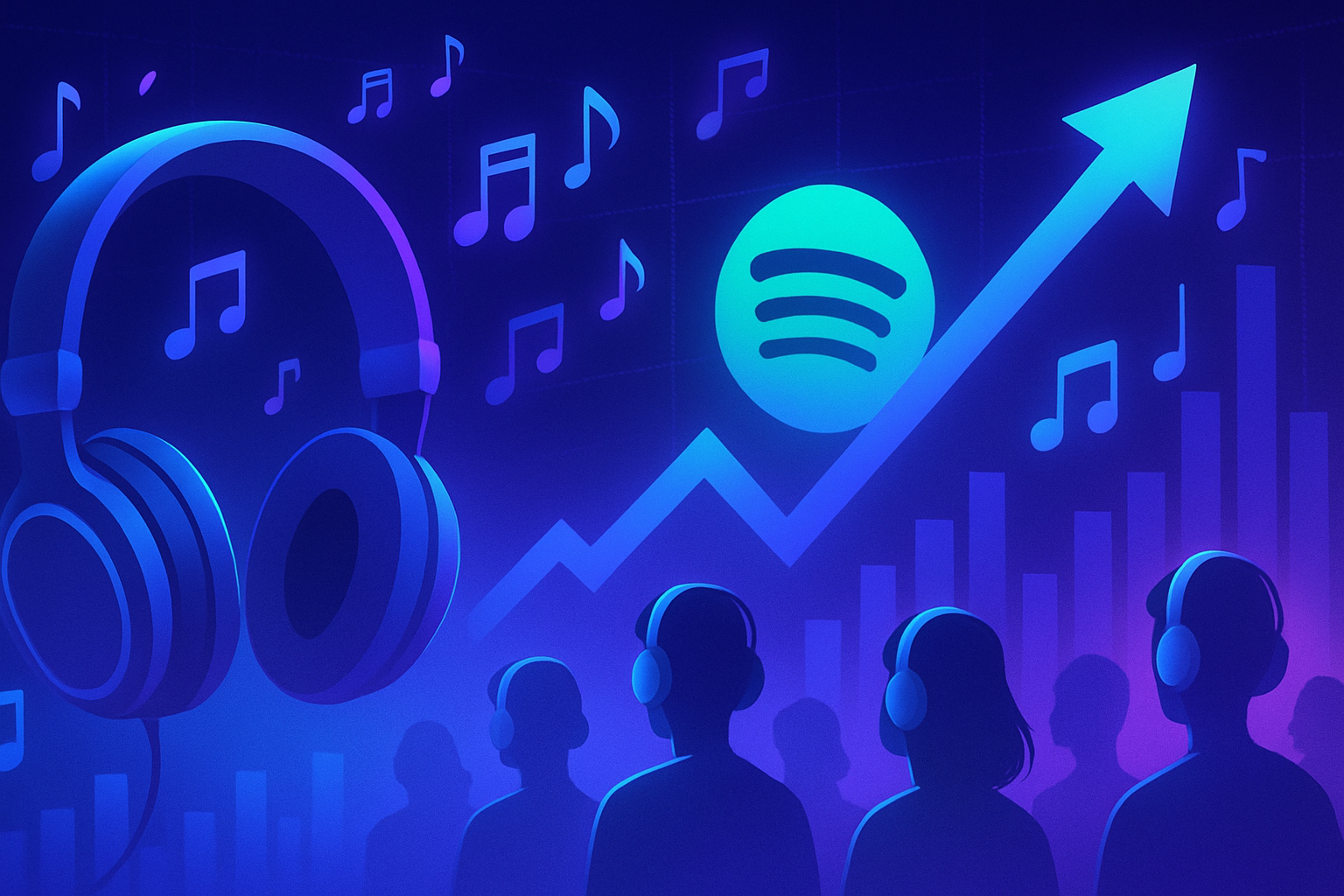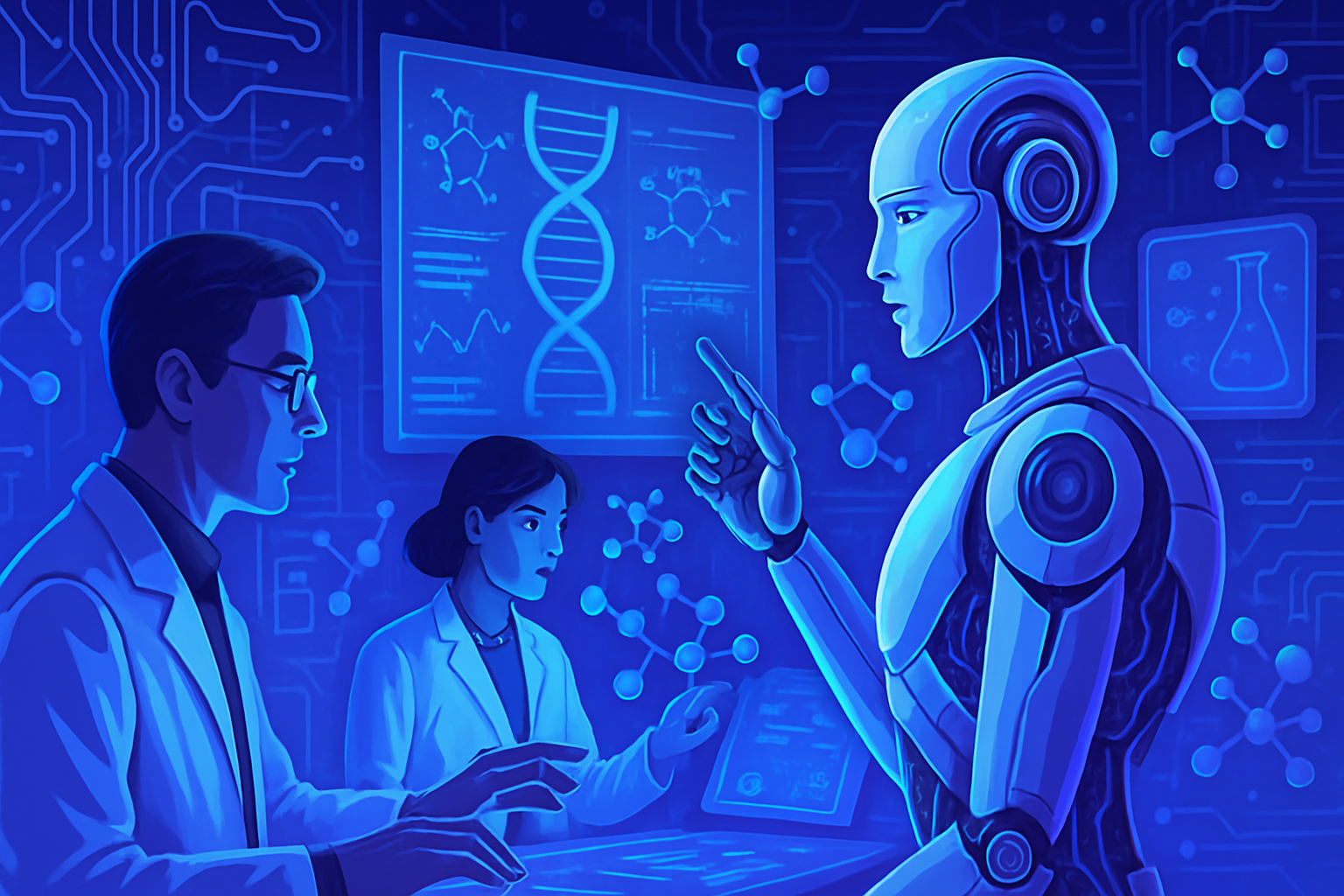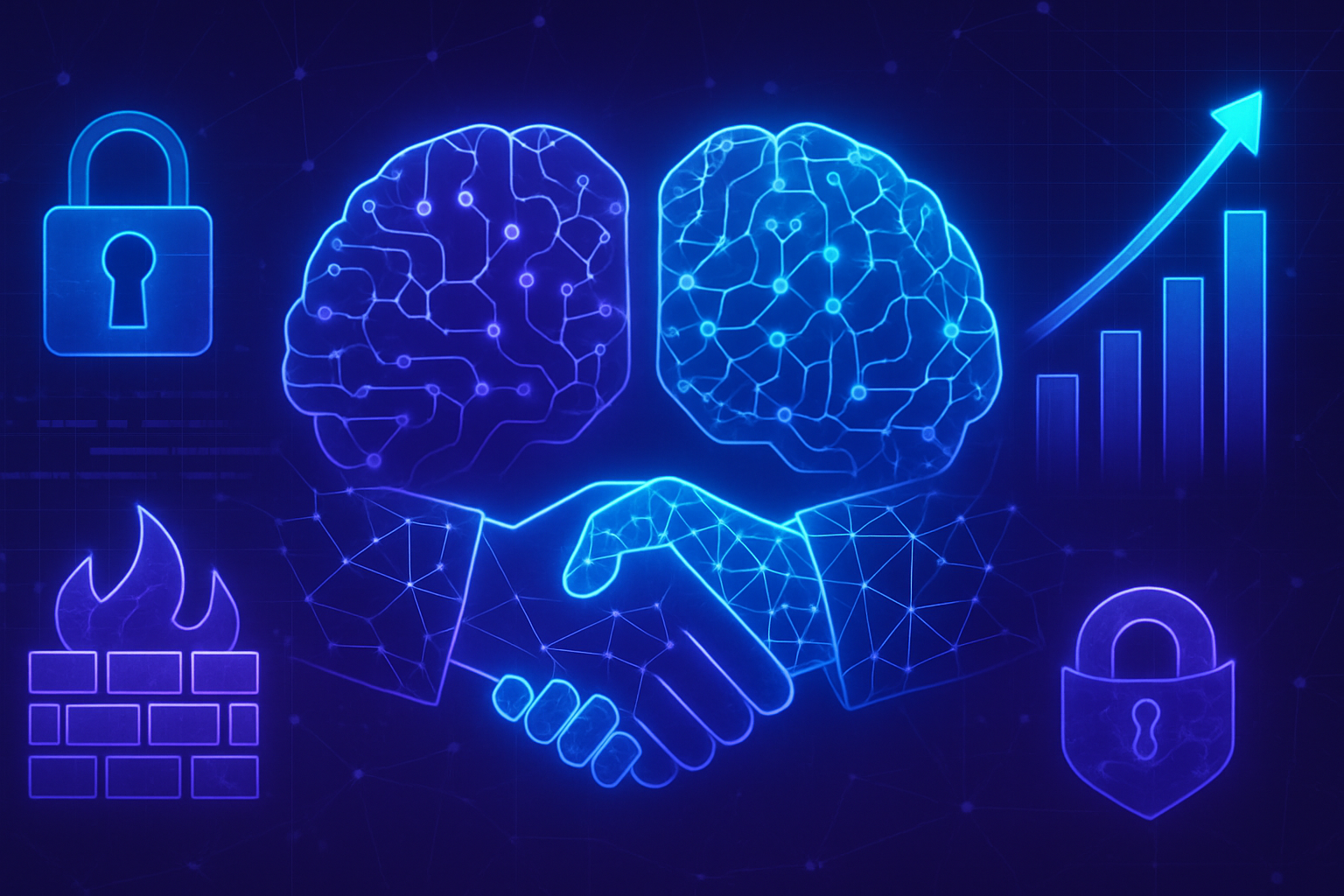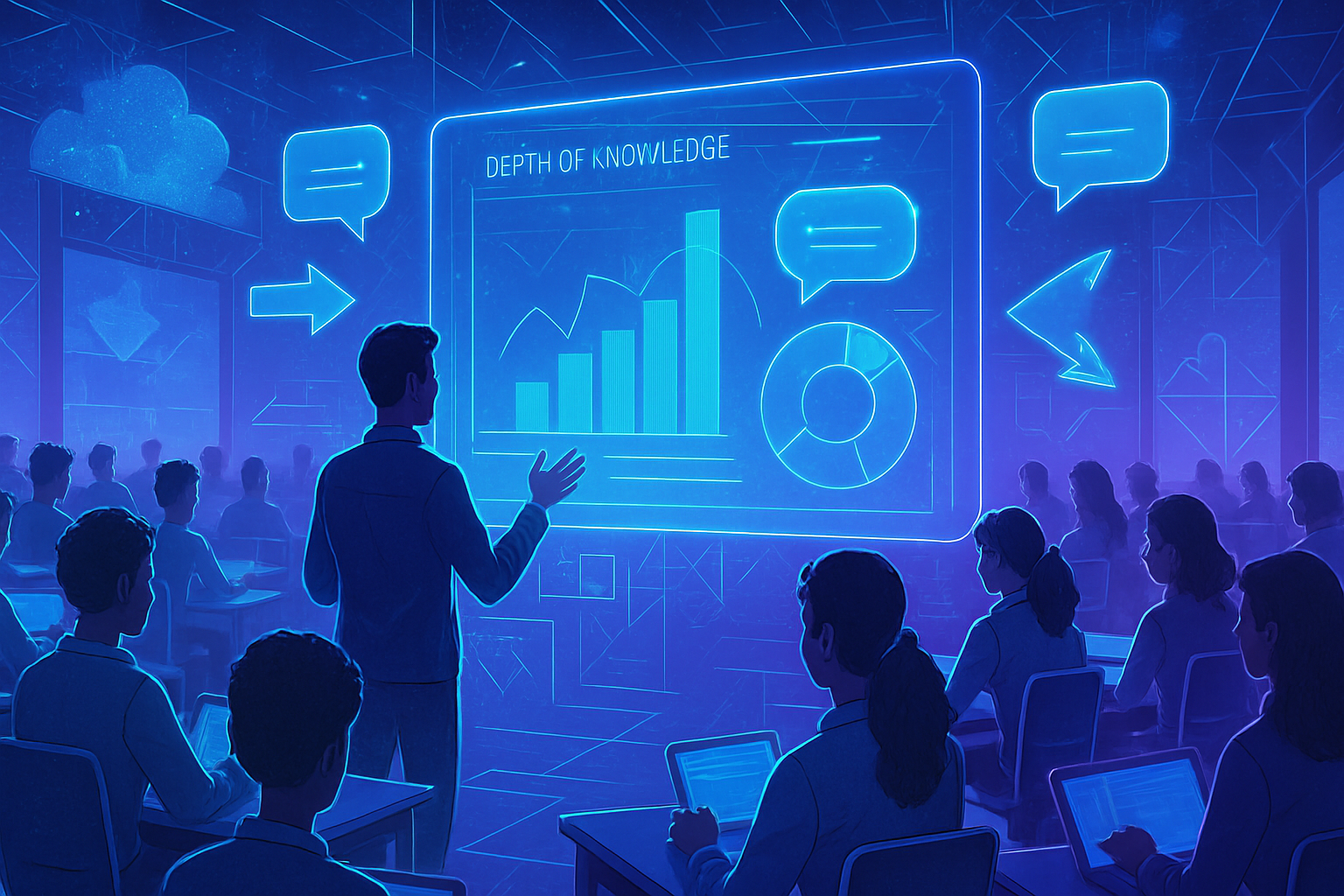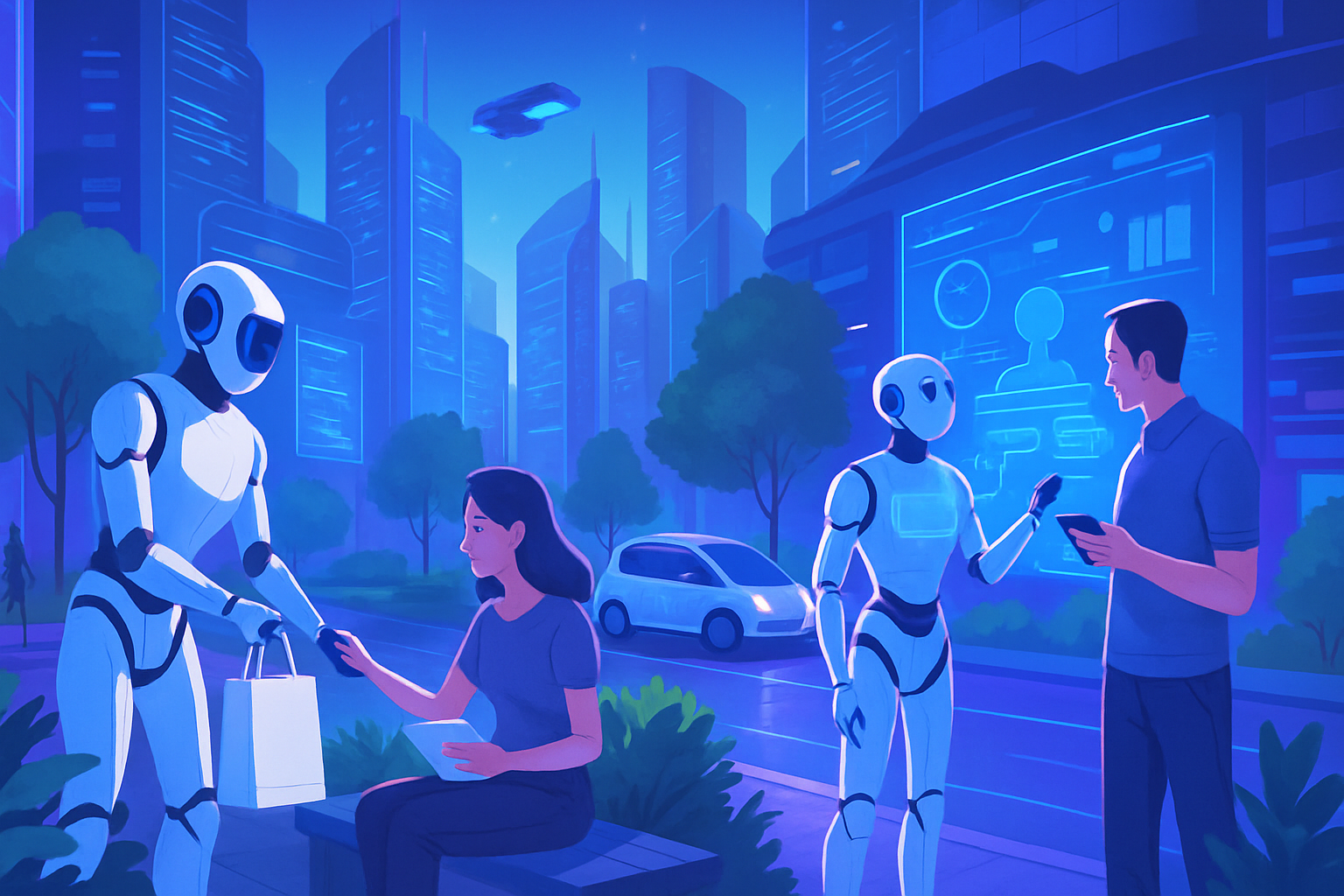Artificial intelligence is redefining the contours of artistic creation, prompting existential questioning. *Authenticity*, long the domain of human artists, is now contested by sophisticated algorithms. The Emergence of AI in art raises unprecedented ethical and legal issues that challenge creators and audiences alike. Far from being a mere tool, OpenAI asserts itself as a bold protagonist, defying the traditional conception of artwork. *At the crossroads of technique and emotion*, the future of art is now grappling with questions of authorship, value, and originality. Is it vain to speak of masterful art emanating from AI?
Artificial Intelligence and Artistic Creation
The emergence of artificial intelligence is reshaping the boundaries of contemporary art. Advanced algorithms enabling machines to generate visual works raise questions about the very nature of creativity. OpenAI is at the forefront of this revolution, exploring the capacity of computer systems to produce artistic creations that meet aesthetic criteria.
Technological Advances of OpenAI
OpenAI is launching ambitious projects in the artistic field, incorporating machine learning techniques to produce illustrations. The invention of models like DALL-E allows these systems to analyze, learn, and replicate different art styles. These advances go beyond mere reproduction; they also include visual innovations that rival human creations.
The Question of Copyright
One of the major challenges related to art generated by artificial intelligence is intellectual property. When a work is created by a machine, who holds the authorship? Lawyers and copyright specialists question the current legislation, often inadequate in the face of technological realities. Courts must soon define the rights of the creators of these works, whether human or machine.
The Public’s Perception of AI in Art
The public’s reaction to AI-generated works is ambivalent. Some admire the technology and its limitless possibilities, while others remain skeptical about the emotional depth of these creations. True art often comes with human intention, a notion that AI struggles to imitate. Is the true value of a work only measured by its ability to evoke emotions?
The Debate Surrounding Art and Creativity
Human creativity often operates through cultural and personal influences. Some experts believe that artificial intelligence can create magnificent works of art, but can it grasp the complexity of human emotions? AI-generated works can be technical and beautiful, but their essence might remain superficial. Artists fear seeing their works devalued by this new generative approach.
The New Aesthetic Possibilities Offered by AI
The use of algorithms in the creative process offers innovative possibilities. Recent applications are transforming traditional art by merging diverse artistic influences. Programs like DALL-E and DeepArt allow the creation of images by blending old and contemporary styles, paving the way for a new aesthetic. These technologies offer fascinating perspectives on the evolution of creation.
The Implications for Human Artists
Some artists collaborate with artificial intelligence to enrich their creative processes. AI, far from replacing them, could become a powerful tool serving their visions. Platforms provide artists the opportunity to merge their talent with algorithms, thus pushing the boundaries of imagination. This alliance could redefine the status of artists by allowing them to explore new creative territories.
The Future Challenges of AI in the Artistic Field
The challenges ahead remain numerous and complex, particularly concerning the recognition and validation of works produced by AI. The acceptance of these creations within artistic circles remains a significant point of friction. This could also lead to changes in the art market, with an increased valuation of hybrid works created with the help of artificial intelligence.
Conclusion on the Future of AI in Art
The path to adopting artificial intelligence as a creative partner is fraught with ethical and legal questions. As these technologies evolve, it will be essential to analyze their impact on artistic creation and redefine the values of art in an era dominated by AI. It thus becomes imperative for creative professions to adapt quickly to these new realities.
Frequently Asked Questions
Can artificial intelligence really replace human artists in creating works of art?
While AI can generate impressive works of art, it does not replace human creativity and expression. Human artists bring emotions, stories, and a vision that transcend AI’s output.
What technologies does OpenAI use to generate art?
OpenAI uses advanced algorithms, including generative neural networks, to analyze artistic styles and create works drawing from varied data.
Are works of art created by artificial intelligence considered authentic?
Debates exist regarding the authenticity of AI-generated works. Some critics argue that they lack the emotional depth often sought in art, while others recognize their aesthetic merit.
How does the art creation process work with an AI like those developed by OpenAI?
The process involves analyzing vast datasets of artistic works to learn styles and techniques, after which AI generates new works based on these learnings.
Can artists benefit from AI in their creative process?
Yes, many artists use AI as a tool to explore new forms of expression and expand their artistic practice, combining their vision with AI’s capabilities.
Are there copyright issues regarding works generated by AI?
The question of copyright is complex and evolving. In general, works generated by AI face legal challenges regarding their attribution and protection.
What is the importance of AI in the evolution of contemporary art?
AI is redefining the boundaries of artistic creation, introducing new methods and approaches that influence the art market and the practices of contemporary artists.
Can AI-generated works of art have significant market value?
Yes, some AI-generated artworks have been sold for high prices at auctions, indicating that they can achieve significant market value.
How does AI create works considered “beautiful”?
By analyzing thousands of images and learning visual styles, AI can reproduce aesthetic elements that appeal to the public, even if these works may lack human artistic intention.
